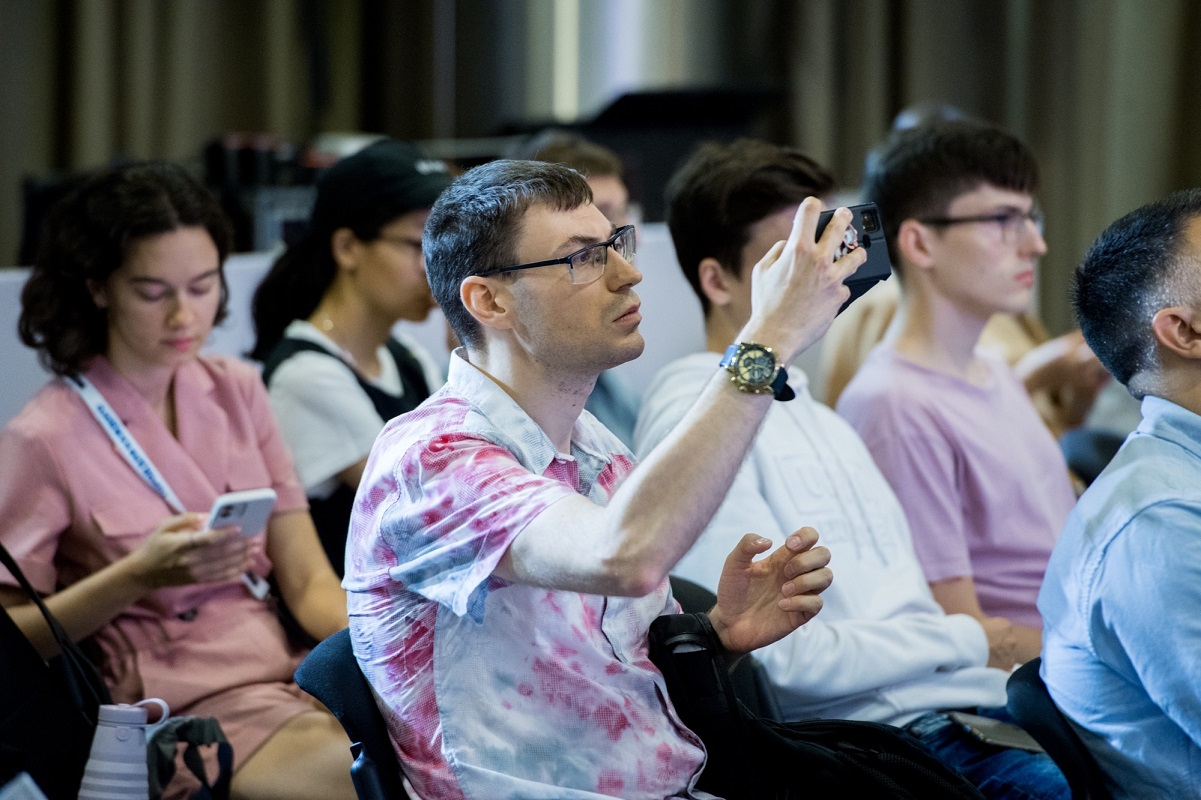SPbU experts introduce a new approach to evaluate the development of smart and sustainable cities
Teachers of the Graduate School of Management at St Petersburg University have attended the largest international congress on global city challenges — the Moscow Urban Forum. Experts took part in the discussion of modern trends in urban studies and city management. Within the Forum, teachers also held a panel discussion "Smart sustainable cities: a new approach to monitoring and assessment".
A smart sustainable city is an innovative city that uses smart technologies and applies a complex approach to solving social, ecological and economic problems to enhance quality of life and well-being of present and future citizens. Authorities of all Russian megalopolises are trying to put this concept into practice with a varying degree of success. The number of rankings evaluating smart sustainable cities is growing, but most of them are based on secondary quantitative data and do not take into account opinion of citizens.
The Moscow Urban Forum has been held annually since 2011. It brings together representatives of municipal administrations of Russia and foreign countries, architects, urban planners, investors, developers, etc. This year the forum takes place on August 1-21, 2022.
Anastasia Golubeva, Academic Director of the "Public Administration" bachelor programme of the Graduate School of Management at St Petersburg University has introduced to forum participants an approach for monitoring and evaluating of smart and sustainable cities. According to the experts, this approach developed in the business school is qualitatively different from others used.
‘We believe that there are three main groups of stakeholders carrying out development of territories: business, authorities and citizens. The concept of "smart city" implies continuous improvement of interactions between them. One of key goals of monitoring is to identify discrepancies between expectations, needs and efforts of all interested parties and find a solution to bring them closer. Furthermore, conducting an opinion polls on urban environment, safety, ecology, government transparency, involvement of citizens in decision making is an important part of the monitoring’, noted Anastasia Golubeva.

In accordance to this approach, a research should also include interviews with government officials, analysis of budgets and plans for strategic regional development. At the same time, SPbU specialists examine social networks and mass media, corporate and social responsibility, corporate and social responsibility policies of companies operating in the region and ESG reports of businesses. Research results provide specific recommendations for regional authorities and businesses.
The approach was tested in three cities of the Leningrad region: Villozi, Pikalevo, Kingisepp. The research carried out in Villozi city has revealed a clear contradiction: local residents wanted health care system reforms, but the city administration paid more attention to social aspects, enhancing security level. Also, the city lacked leisure and recreational facilities, and although businesses could take part in construction of such infrastructure, at the time they were focused on charity programmes. Monitoring based not only on statistics, but also on properly formulated questions to local residents, allows authorities to evaluate results of work more accurately, compare indicators with other regions, benchmark best practices, and set standards of smart and sustainable development.






